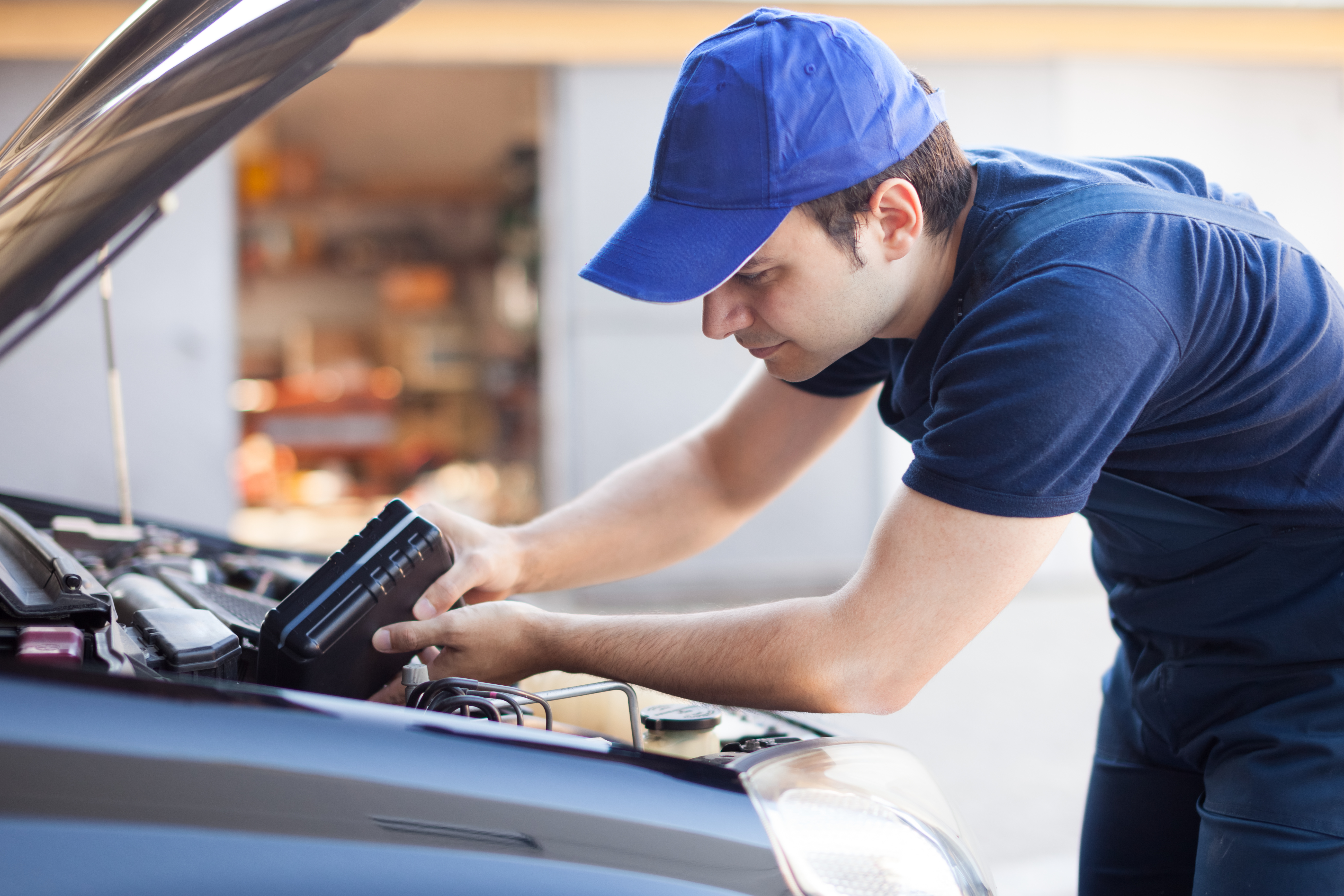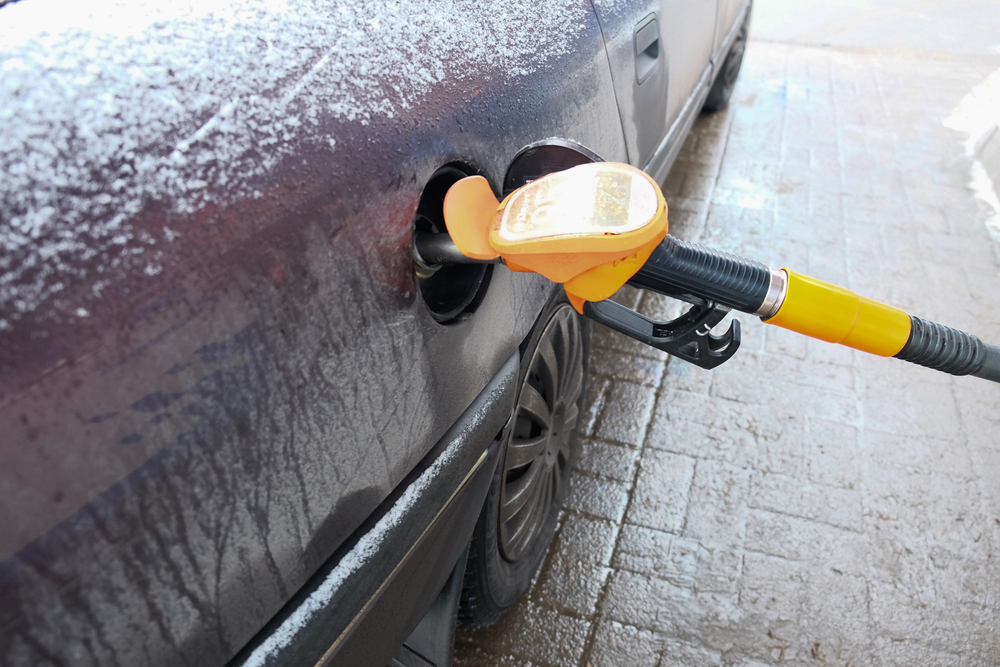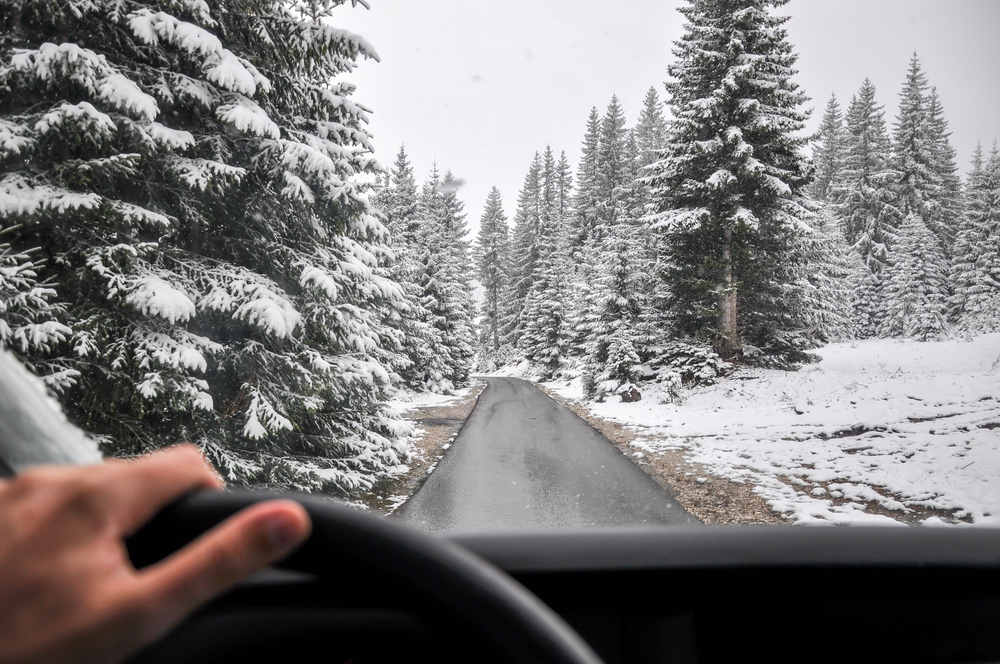A good vehicle is a long-term investment, and the better you take care of it, the more you’re getting for your money. Many drivers assume that saving in the short-term by attempting DIY repairs is usually a good call. Let’s look at some situations where this is definitely not the case.
Engine and Diagnostics
BMW drivers like us have a strong enthusiasm for automotive engineering and learning more about what makes a vehicle go. It can therefore be understandably tempting to try and diagnose an engine problem yourself. While the desire to get your hands dirty is admirable, engine diagnostics are best left to a BMW certified mechanic. This isn’t just a matter of being equipped with the latest approved tools and software, it’s a matter of preventing costly damage that can make your problem worse. So before you dig in to determine a potentially complex issue, go with a professional check-up instead!
Timing Belt
This may seem like a rather unassuming and nonthreatening item to replace, but it actually poses significant risk if attempted by an untrained hand. Naturally, it will need replacement at an interval recommended by your local BMW expert, and the replacement should take place in a timely manner so as to prevent further damage. However, don’t let this motivate you to do it yourself. As a procedure, it involves a lot of engine disassembly and reassembly. If you’re not experienced in the process, you could end up making a mistake that increases the cost of repair and replacement by a considerable amount.
Transmission and Suspension
Transmission repair is one of the most significant and also essential procedures that a vehicle can undergo. Since it requires expert handling of many different parts, not to mention the costs of the damage that a DIY procedure can lead to, this is one best left to a trained technician. The same goes for suspension repair, which can be dangerous both in the process (crawling under a heavy car) and in the aftermath (an unskilled repair could mean a very hazardous drive). Remember that the most experienced hand is always worth it in the end!
There are plenty of BMW maintenance procedures that are best left to a certified technician, not only for the sake of preventing costly damage, but also for the sake of safety. When in doubt, you can always give Motorwerkes a call at (403) 768-3165 to find out what your best options are!



